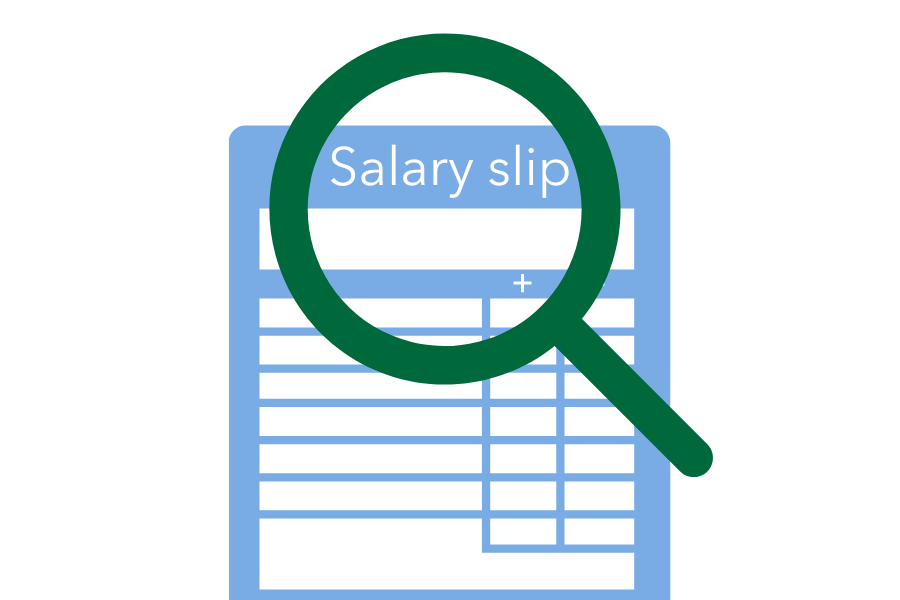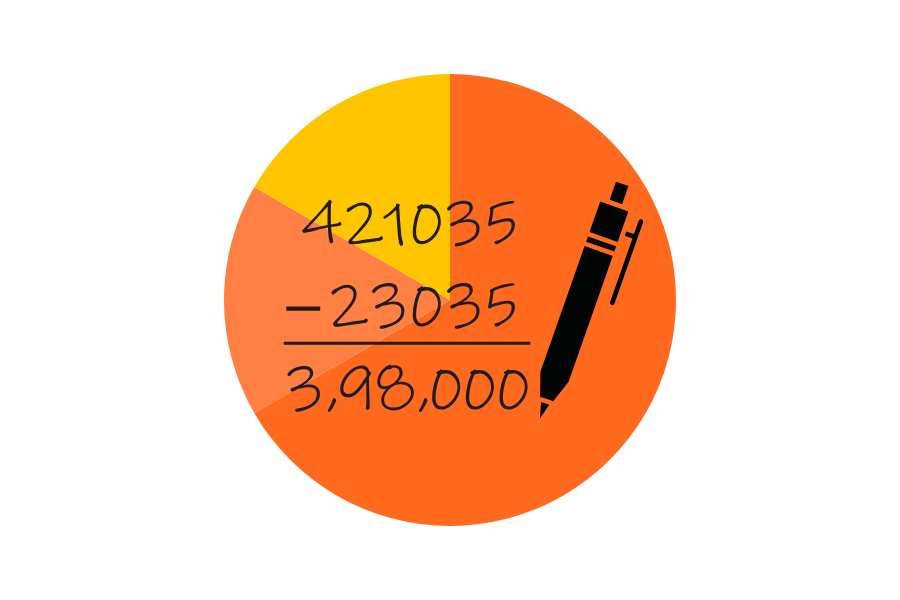
Tax Preparation Tips to Get You Through the Tax Season
Tax season can be an overwhelming time for many businesses, regardless of financial status. Typically, it is greeted with annoyance and frantic scrambling to get everything in order. Many businesses put off scheduling appointments with a tax preparation company in Singapore, gathering all essential paperwork, and filing their forms until the last minute. However, procrastination and the desire to take a shortcut accompany frustration.
Tax season should not be feared but instead handled accordingly. While many people dread this process, it doesn’t have to be taxing if you are organised and plan ahead of time. Here are some helpful tips for tax preparation tips to help you get through the tax season:
1. Decide if you want to do your own taxes or hire a professional
One of the first things you need to decide is whether you want to do your own taxes. If you don’t mind putting in the time and effort to gather the necessary information, you can file your taxes yourself. However, filing your own taxes is not for everyone. If you’re short on time or don’t feel confident filing your taxes, you may consider engaging a tax accountant or using tax accounting software.
A tax service can be beneficial if you are in a tax bracket where it makes sense to hire a tax advisor instead of doing your taxes yourself. Depending on the service, you can either work with an account or download the software they use. Most services offer a variety of packages, and the cost of your taxes will depend on the level of service you choose.
2. Organise and get everything together before you start filing
If you want to ensure that everything is filed correctly and on time, make sure you have everything prepared before you begin filing. This includes any documentation you may require, such as proof of income, business expenses, and so on.
Additionally, you can save time and money by completing some of the preparation beforehand. This is because rates for tax preparers may vary depending on how much time and effort it takes to calculate your expenses, income, and other tax information. If a tax preparer must sort through stacks of documentation, the fee will almost certainly be higher.
3. Don’t forget about the tax surprises that may come your way
Any time you file taxes, there’s the chance that you could end up owing more than you expected. However, sometimes it works the other way, and you actually get a bigger refund than you were expecting.
Tax season is also an excellent time to evaluate the past year and consider how you can drive your businesses to higher profitability. If there are strategies to improve your finances, now is the time to get involved. Taking the time to understand the implications of the new tax laws and adjusting your financial strategy accordingly will allow your business to be more profitable in the future.
4. Be familiar with tax deductions
Understanding all the tax deductions you are eligible to claim during filing can be a tremendous relief from having to pay outrageous sums of taxes. To claim deductions on your taxes, you must have adequate documentation to show that the expense was required for your job, depending on the type of business and the sector it operates in.
Some typical tax deductions you can claim to reduce your taxes include rental of office/commercial space, insurance coverage for business, as well as office supplies, machinery, and equipment.
5. Understand the laws and your business’s tax return forms
Various business models necessitate utilising different business tax return forms and adherence to legislation tailored to applicable business entities. As a result, it is crucial to become well acquainted with the paperwork required for your organisation.
A partnership is required to file an annual income tax return using Form P that details all of the earnings and business expenses that were written off during the year. On the other hand, private limited companies are required to declare their income on tax filings using Forms C, C-S, or C-S (Lite). To avoid penalties for noncompliance, corporate tax filing must be completed within the time limit specified.
Generally, companies with yearly revenues of $5 million or less must submit Form C-S. Meanwhile, companies with yearly revenues of $200,000 or less must submit Form C-S (Lite). If your company does not meet the requirements for Form C-S or Form C-S (Lite), you must file Form C.
Conclusion
Every company is required to file their tax returns to IRAS for the applicable Year of Assessment. This goal is much simpler to achieve with Counto.
In addition to these services, Counto also provides accounting, bookkeeping, and corporate secretarial services in Singapore, aiming to support businesses in maximising output and focusing on growth. To learn more about our services or to schedule a consultation, visit our website or contact us on WhatsApp at (+65) 3159 4255.







